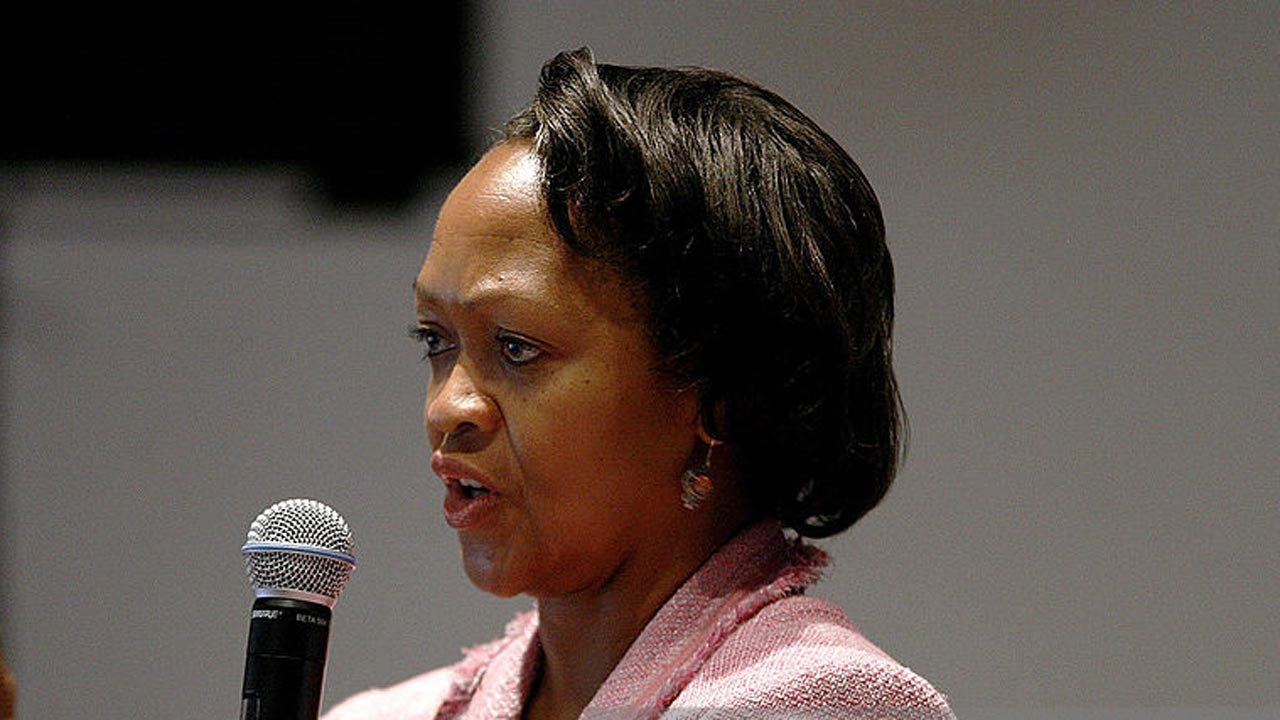- Africa Accounts for $4.1b Non-oil Export Under AGOA
The United States Government has stated that Nigeria and other African countries accounted for $4.1 billion worth of non-oil trade under the Africa Growth and Opportunity Act (AGOA).
According to the Assistant U.S. Trade Representative for Africa, Florizelle Liser, the scheme has resulted in a four-fold increase, from $1.4 billion in 2001 to $4.1 billion in 2015, in the continent’s non-oil trade with the country.
Worried by the infrastructural deficit impeding trade growth, the U.S. recommended that African countries should focus on infrastructure development, in particular, electricity and transportation, and should build new roads, bridges and railways to link major trade hubs that would improve economies of scale.
Liser added that African governments should also support the ability of commercial banks to modernize and finance small and medium-sized businesses and should strategically identify sectors that could benefit from AGOA and develop them, she said.
In a presentation at the headquarters of the African Export-Import Bank (Afreximbank) during the maiden edition of the Afreximbank Trade and Development Seminar Series, Ms. Liser said that sectors that had benefitted most from AGOA included automobiles, apparel, footwear, prepared fruits and vegetable, nuts and cut flowers.
“AGOA has had success in helping many African countries diversify their export portfolios,” continued Ms. Liser, who added that hundreds of thousands of jobs had been created as a result of the Act.
Noting that Africa currently accounts for only two per cent of U.S. trade, she said that supply-side constraints, including unreliable electricity and transportation, poor ports, lack of transnational highways, and poor access to the internet were among the impediments to trade development on the continent.
Other factors included low intra-Africa trade, which result in low economies of scale, and the difficulties faced by African producers in meeting U.S. agricultural and other standards, she added.
Ms. Liser identified other Africa-focused trade development initiatives by the U.S. to include the Millennium Challenge Corporation, which had set aside $7.9 billion, or 68 per cent of the total compact portfolio, for Africa.
According to her, the Corporation, which, at $3 billion, is the lead contributor to the U.S. Government’s trade capacity building assistance to AGOA-eligible countries, has dedicated 20 of its 33 compacts to African countries.
Other initiatives included Power Africa, the trade-related capacity programme administered under USAID and unveiled by U.S. President Barack Obama in 2013; Trade Africa, the USAID’s initiative to increase internal and regional trade and expand trade and economic ties; and the U.S. Overseas Private Investment Corporation, the government’s development finance institution which mobilizes private capital to address critical development challenges and which provides investors with financing, political risk insurance, and support for private equity investment funds, when commercial funding cannot be obtained elsewhere.
Earlier, Afreximbank President Dr. Benedict Oramah said that the fact that despite the size of the U.S. market and the preferential access granted to African countries for 15 years under AGOA, the continent had remained a marginal player in that market, raised questions about why Africa had been unable to better penetrate the market and about what could be done for it to take full advantage of the opportunity presented by AGOA.
The President noted that a deficit of product diversification had been singled out as a key hindrance to Africa’s access the U.S. market, and announced that Afreximbank, had identified the development of industrial parks and special economic zones as a strategic path to accelerating the industrialization of African economies and diversifying their exports.

 Naira4 weeks ago
Naira4 weeks ago
 Naira4 weeks ago
Naira4 weeks ago
 Travel3 weeks ago
Travel3 weeks ago
 Jobs4 weeks ago
Jobs4 weeks ago
 Naira3 weeks ago
Naira3 weeks ago
 Naira3 weeks ago
Naira3 weeks ago
 Investment4 weeks ago
Investment4 weeks ago
 Travel4 weeks ago
Travel4 weeks ago




























